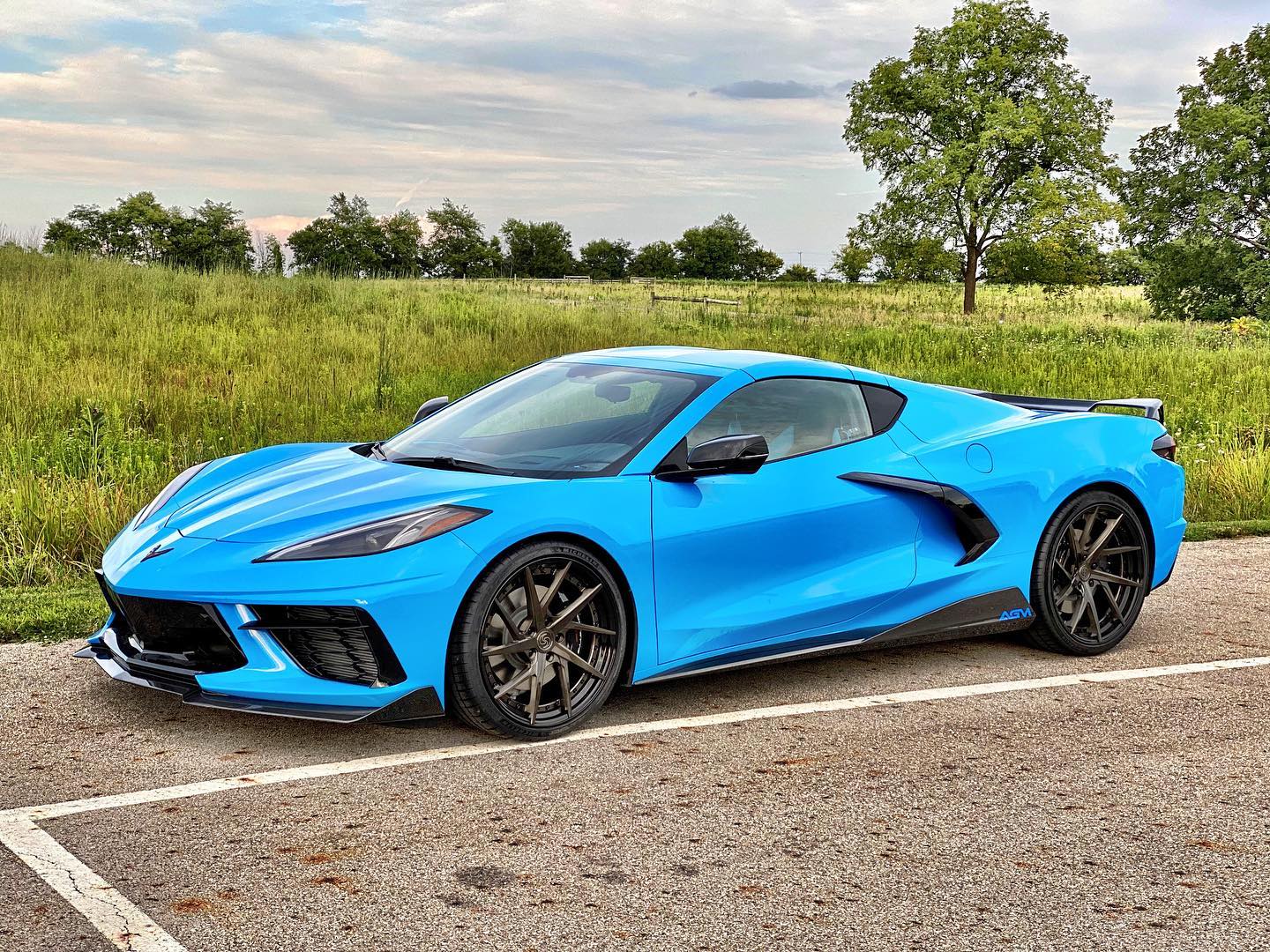DukenukemX
Supreme [H]ardness
- Joined
- Jan 30, 2005
- Messages
- 7,914
Coal and gas is about 35% efficient which is 10% more efficient than gas engines. 5% of that energy is lost through transmission lines. Oil-fired power plants get 28% efficiency (India) and they burn specifically petroleum, which is closer to gasoline.I think you need to brush up on your knowledge of thermodynamics, particularly comparing the cycle for an internal combustion engine (Otto) vs your typical power plant. Most IC engines are around 25% efficient with much of their energy lost to heat, heat that is typically not put to any practical use other than for heating the interior during the winter. Power plants operate on more efficient cycles and can make better use of waste heat.
![[H]ard|Forum](/styles/hardforum/xenforo/logo_dark.png)
